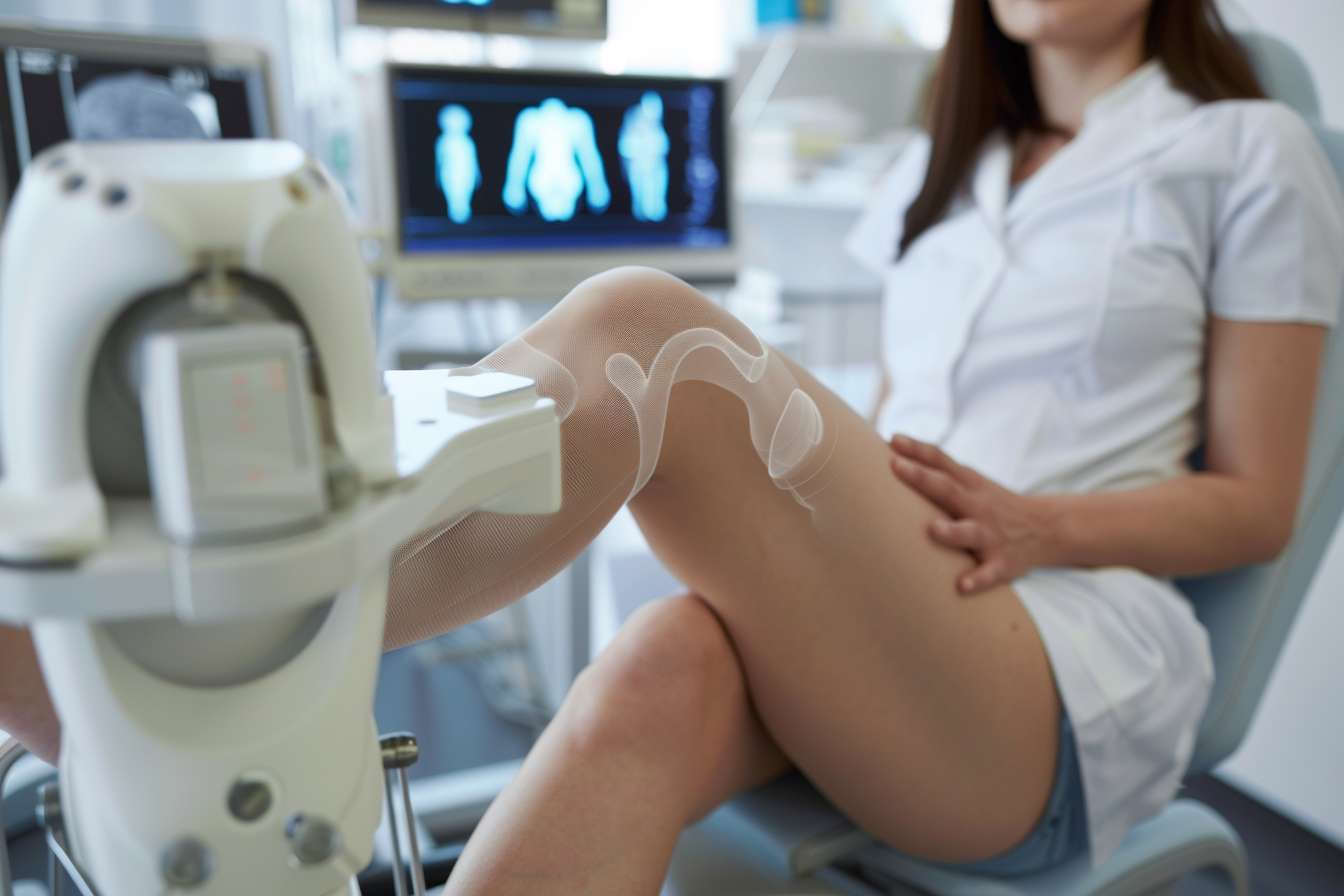Macular Degeneration Treatments Options
There are a lot of New Treatment for Macular Degeneration. Antioxidant vitamins and dietary changes may slow early macular degeneration, while anti-VEGF injections address wet AMD. Advanced Laser and Surgical procedures offer solutions for advanced stage, understand each option.

What is macular degeneration and how does it affect vision?
Macular degeneration is a condition that affects the macula, the central part of the retina responsible for sharp, detailed vision. As the disease progresses, it can lead to blurred or distorted central vision, making everyday tasks like reading, driving, and recognizing faces increasingly difficult. There are two main types of AMD: dry (atrophic) and wet (neovascular). Dry AMD is more common and progresses slowly, while wet AMD is less common but can cause rapid vision loss if left untreated.
What are the first-line treatments for early-stage macular degeneration?
For early-stage dry AMD, the focus is on slowing disease progression and maintaining eye health. Antioxidant vitamins for macular degeneration play a significant role in this approach. The Age-Related Eye Disease Study (AREDS) and its follow-up, AREDS2, have shown that specific combinations of vitamins and minerals can reduce the risk of AMD progression by about 25% over five years. These supplements typically include vitamins C and E, zinc, copper, lutein, and zeaxanthin.
How do anti-VEGF injections work for wet macular degeneration?
Anti-VEGF (Vascular Endothelial Growth Factor) injections are the primary treatment for wet AMD. These medications work by inhibiting the growth of abnormal blood vessels that leak and damage the macula. Commonly used anti-VEGF drugs include ranibizumab (Lucentis), aflibercept (Eylea), and bevacizumab (Avastin). The injections are administered directly into the eye and have shown remarkable efficacy in stabilizing and often improving vision in patients with wet AMD.
What advanced macular degeneration treatments are available?
For more advanced cases of AMD, several cutting-edge treatments are available or in development:
-
Photodynamic Therapy (PDT): This treatment combines a light-sensitive drug with a low-power laser to target and destroy abnormal blood vessels in wet AMD.
-
Laser Photocoagulation: While less common now due to the effectiveness of anti-VEGF therapy, this procedure uses a high-energy laser to seal leaking blood vessels in some cases of wet AMD.
-
Implantable Miniature Telescope (IMT): For end-stage AMD, this surgical option involves implanting a tiny telescope in one eye to magnify central vision.
-
Stem Cell Therapy: Currently in clinical trials, this approach aims to replace damaged retinal cells with healthy ones derived from stem cells.
Are there any promising new treatments for macular degeneration in 2025?
Research into new macular degeneration treatments is ongoing, with several promising approaches on the horizon:
-
Gene Therapy: Targeting specific genes involved in AMD progression could offer long-lasting treatment effects.
-
Sustained-Release Drug Delivery: Implants that slowly release anti-VEGF medications over extended periods could reduce the frequency of injections.
-
Combination Therapies: Researchers are exploring the synergistic effects of combining different treatment modalities for enhanced efficacy.
-
Neuroprotective Agents: These drugs aim to protect and preserve the health of existing retinal cells.
-
AI-Assisted Diagnosis and Monitoring: While not a treatment per se, advanced artificial intelligence could revolutionize early detection and treatment planning.
What is the best macular degeneration treatment approach?
The best macular degeneration treatment depends on the type and stage of AMD, as well as individual patient factors. A comprehensive approach often yields the best results:
| Treatment Approach | Best For | Key Benefits |
|---|---|---|
| AREDS2 Supplements | Early-stage dry AMD | Slows progression, supports eye health |
| Anti-VEGF Injections | Wet AMD | Stabilizes and can improve vision |
| Lifestyle Modifications | All stages | Supports overall eye health |
| Advanced Procedures | Severe or end-stage AMD | May restore some visual function |
| Emerging Therapies | Various stages (in trials) | Potential for improved outcomes |
Prices, rates, or cost estimates mentioned in this article are based on the latest available information but may change over time. Independent research is advised before making financial decisions.
In conclusion, while there is no cure for macular degeneration, a range of treatment options exists to manage the condition effectively. From antioxidant vitamins for early-stage dry AMD to advanced surgical procedures for severe cases, the field of AMD treatment continues to evolve. As research progresses, new and more effective treatments are likely to emerge, offering hope for improved outcomes for those affected by this challenging eye condition.
This article is for informational purposes only and should not be considered medical advice. Please consult a qualified healthcare professional for personalized guidance and treatment.
The shared information of this article is up-to-date as of the publishing date. For more up-to-date information, please conduct your own research.




